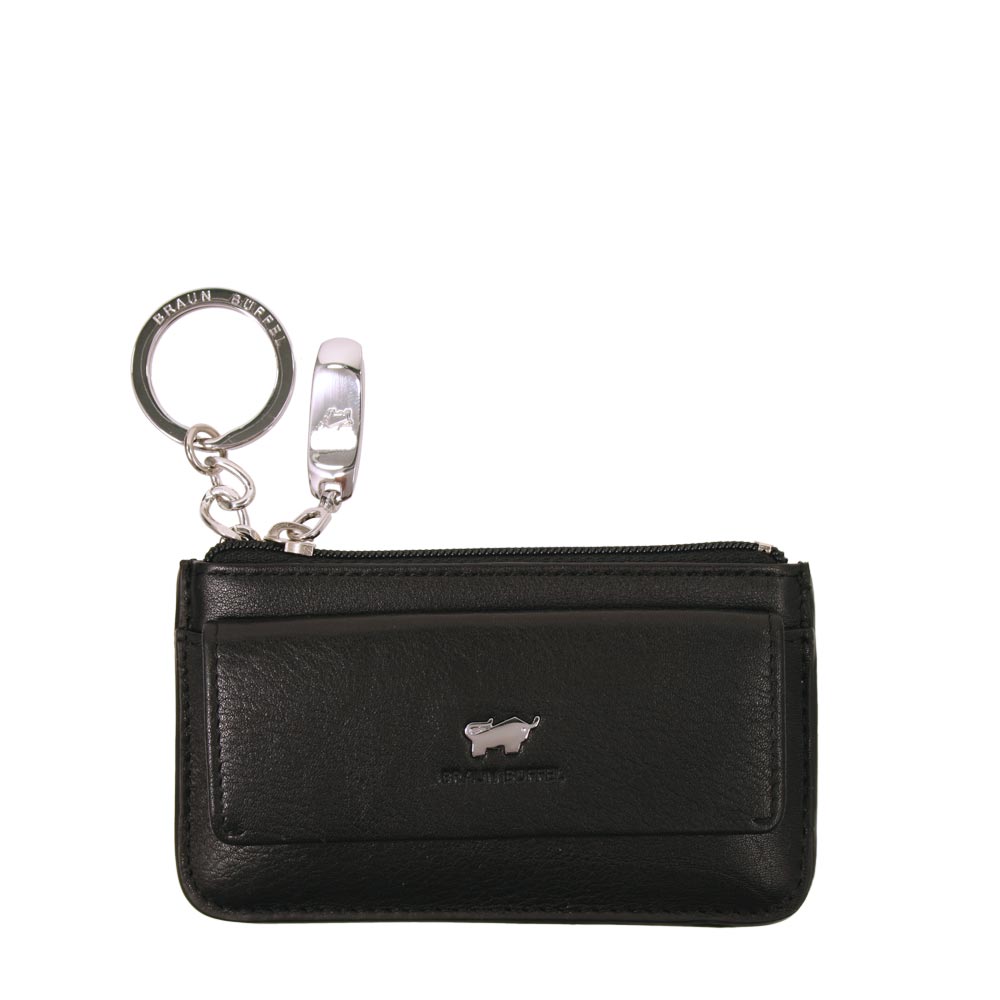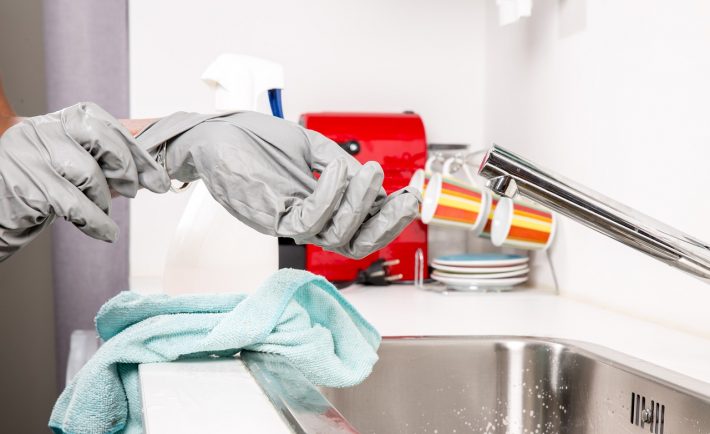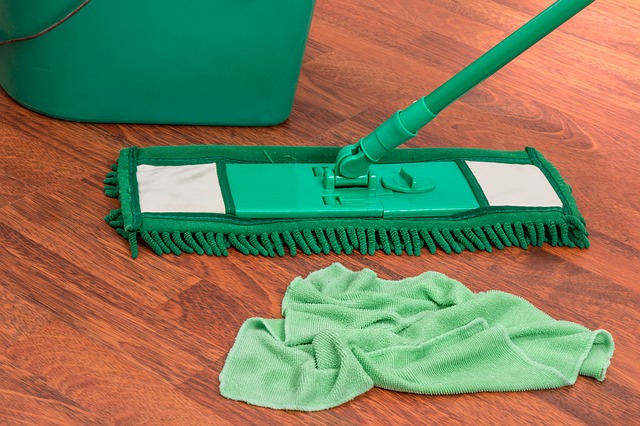With the bustling pace of modern living in Singapore, maids have become an invaluable addition to many households. Maids are trained to handle a list of household responsibilities, from managing household chores to providing excellent childcare, allowing families to balance their professional commitments with the demands of daily life.
To ensure that the specific needs of every household are met, Singaporeans would often hire a maid through a reputable agency. These establishments don’t only have a large pool of foreign domestic workers, but they can also match their clients with highly skilled maids that fit their preferences. Moreover, maid agencies in Singapore will present their clients with a list of new and transfer maids. Each option has its own set of advantages, but transfer maids have been a popular choice for several compelling reasons.
Simply put, transfer maids are foreign domestic helpers who are looking to change employers. The reason behind this is usually because they are nearing the end of their current contract or their previous employers no longer require their services. What makes transfer maids appealing to many employers, however, is that they’ve already acclimated to life in Singapore. The total cost of hiring transfer maids is also quite lower than that of hiring a new one, because the expenses that are associated with their recruitment and relocation (e.g., airfare and agency fees) have been covered by their previous employers. Moreover, their prior work experience makes them knowledgeable about common household tasks, so they require less training. As such, they offer a smoother transition and quicker integration into the new household.
While hiring a transfer maid from a transfer maid agency in Singapore offers numerous advantages, you also need to be aware of potential challenges that can arise during the integration process. Even though transfer maids have experience working for Singapore employers for several years, they can still face adjustment issues that can affect their productivity and effectiveness. Fortunately, you can use the following training strategies to ensure that your transfer maid can get used to working in her new environment and satisfy your household’s needs.
Provide a Comprehensive Orientation
Conducting a comprehensive orientation will allow your transfer maid to familiarise herself with your household’s layout, daily routines, and specific rules. This initial training ensures that she will understand her responsibilities and can confidently navigate her tasks. A well-informed maid is more likely to adapt quickly and make meaningful contributions to the household’s operations. Moreover, a thorough orientation sets the foundation for a smooth integration process, reducing the chances of misunderstandings or mistakes.
Establish Clear Communication
You need to establish open lines of communication with your maid right from the outset. Encourage her to ask questions and provide feedback on her experiences as well. Regular check-ins also help maintain a comfortable atmosphere where concerns can be addressed promptly, leading to improved task execution and a sense of inclusion within the household. Moreover, effective communication builds trust, which is crucial for a positive working relationship and mutual understanding.
Include Task Demonstration with New Instructions
When delegating tasks, verbal instructions might not be enough for your transfer maid to understand her new responsibilities. As such, you should offer hands-on demonstrations to show your transfer maid the specific techniques and standards you expect them to perfect. A visual demonstration can also be especially helpful for tasks that require a certain level of precision or adherence to specific guidelines. This approach eliminates ambiguity and ensures that tasks are carried out to your satisfaction.
Set Boundaries
Set clear expectations regarding privacy and personal boundaries within the household with your transfer maid. You should tell her which areas are off-limits and teach them the importance of respecting family members’ spaces. This clarity helps prevent any potential discomfort and fosters an environment of mutual respect between your transfer maid and everyone in your household. Such boundaries also contribute to maintaining a harmonious household dynamic.
Consider an Employment Trial Period
Before you decide on hiring a transfer maid, you can initiate a trial period to assess her compatibility and performance. This period allows you and your transfer maid to evaluate if the arrangement aligns with your expectations and needs. During this time, you can provide your maid with consistent feedback and communicate openly about any adjustments required. A trial period mitigates the risk of committing to a long-term contract before both your household and your transfer maid are certain about your compatibility.
Thanks to their work experience and years of living in Singapore, transfer maids make excellent candidates for Singapore households looking for dependable foreign domestic helpers who can assist with and maintain the smooth flow of their daily routines. However, even though transfer maids are accustomed to the Singaporean way of living, they can still experience problems during the integration and adjustment periods. With these tips, you can help your transfer maid overcome these challenges and create an environment of mutual respect and understanding for a strong, positive, and long partnership.






